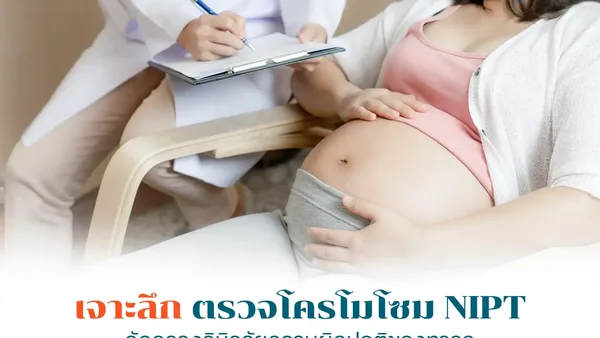Can IUI (Intrauterine Insemination) result in twins?
Can IUI (Intrauterine Insemination) result in twins?
Yes, IUI treatment can result in a twin pregnancy. However, no fertility clinic can guarantee 100% that IUI will lead to twins. The process is similar to natural conception — one egg is fertilized by one sperm. In IUI, ovulation-stimulating medication is used to help the woman release more than one egg, and a concentrated sample of sperm is injected into the uterus.
If two eggs are released and fertilized by two separate sperm, and both embryos implant in the uterus, this can result in a “fraternal twin” pregnancy.
Alternatively, if there is a family history of identical twins (on either the mother’s or father’s side), there may be a chance for identical twins to occur — even through IUI. Identical twins happen when a single egg is fertilized by a single sperm and then splits into two embryos, sharing the same gestational sac. This is less common and carries higher medical risks.
What’s the difference between identical and fraternal twins?
- Identical twins (monozygotic):
These twins share the same physical appearance, such as facial features, body shape, hair color, and blood type. While they are genetically identical, slight physical differences may occur due to environmental factors during pregnancy. Identical twin pregnancies carry higher risks, such as sharing the same placenta or amniotic sac. Therefore, these pregnancies require close medical supervision. - Fraternal twins (dizygotic):
These twins are more common and result from two eggs fertilized by two different sperm. Fraternal twins may be of the same or different sex, have different blood types, and may not look identical — similar to regular siblings born at different times.
Advantages of having twins:
- You get two children from one pregnancy, which many see as a blessing.
- Twins can grow up as close companions, helping each other emotionally and socially. This sibling bond is seen as a positive outcome by many parents.
Disadvantages of having twins:
- Higher risks during pregnancy, childbirth, and postpartum. Twin pregnancies require more frequent medical check-ups and closer monitoring.
- The risk of pregnancy-related complications is higher. The mother may experience discomfort due to a larger uterus size, especially in the second and third trimesters, leading to shortness of breath, fatigue, and difficulty moving around.
Summary
IUI treatment can result in twins, but the outcome cannot be guaranteed. It depends on various factors such as genetics, the number of eggs released, and successful fertilization.
In contrast, ICSI (a form of IVF) has a higher chance of twin pregnancies if two embryos are transferred during the procedure.
If you’re concerned or would like more information, you’re welcome to consult at Beyond IVF or contact us via Line at @beyondivf





